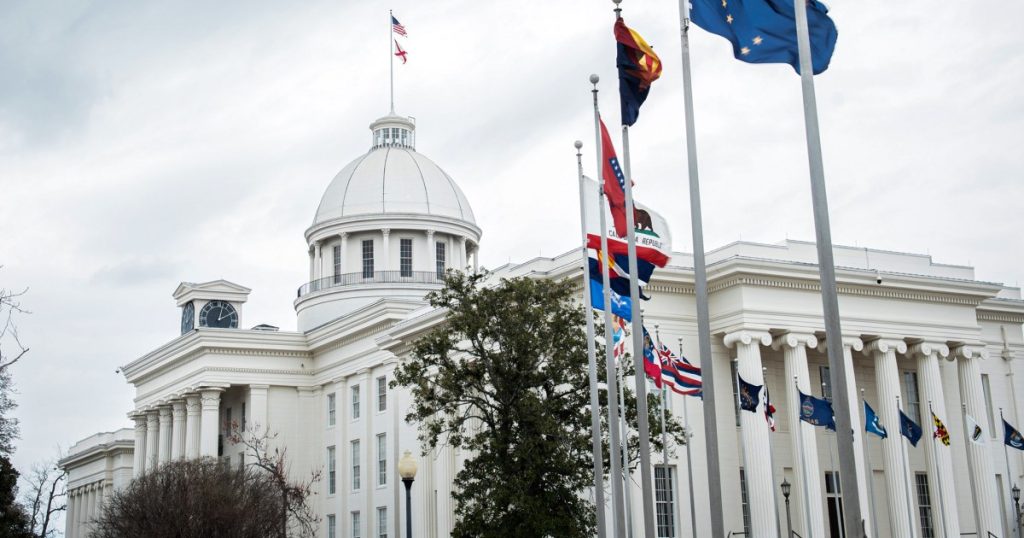Republicans in Alabama enacted a law earlier this year to protect in vitro fertilization following a court decision that stopped the treatment in the conservative state. However, they never revisited the issue to create a long-term solution as promised. The state Supreme Court ruling that embryos are considered children sparked a national controversy. After the bill was signed, there was talk of looking at potential constitutional amendments or adjustments within existing laws. The saga began when the conservative Supreme Court ruled that embryos are children, prompting the state’s IVF clinics to halt their services.
The bill hurriedly drafted and passed did not address the core questions raised by the court’s decision. It provided civil and criminal immunity for health care personnel providing IVF treatment. But the legislation failed to define whether frozen embryos created through IVF have the same rights as children. Despite the bill’s aim to reopen halted clinics, one major IVF clinic involved in the lawsuit that led to the court decision chose to suspend IVF services entirely due to future litigation concerns. The lack of clarity in the legislation brought disappointment to many lawmakers.
Many Republicans and Democrats were dissatisfied with the bill, feeling that it was only a short-term fix and did not address the broader issues surrounding IVF in Alabama. While two out of three major IVF clinics resumed services after the bill was signed, the third remained closed. Attempts by Democrats in the Legislature to introduce competing measures, offering more explicit clarification on embryo status, did not advance. Reproductive rights groups criticized Alabama Republicans for not revisiting the issue and called for a long-term fix based on scientific evidence about reproduction and IVF.
The failure to address the embryo status issue following the court ruling has left IVF clinics in limbo. The bill signed earlier in the year only served as a temporary solution to resume IVF care. Calls for legislation to clarify the status of embryos and provide a comprehensive long-term fix have been made by reproductive rights groups. Governor Kay Ivey’s office stated that they will continue monitoring the situation and studying how to proceed with IVF services in Alabama. Despite the controversy surrounding the Supreme Court ruling and the temporary legislation, there has been no further legislative action to address the underlying issues regarding IVF in the state.


